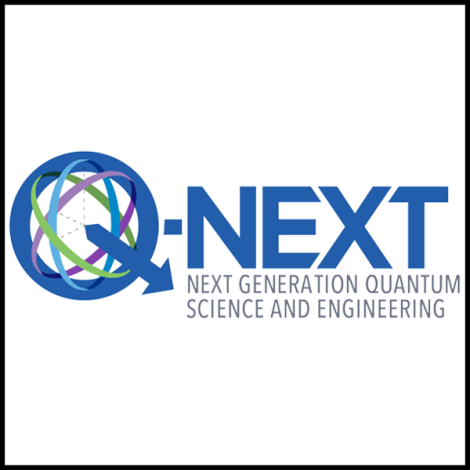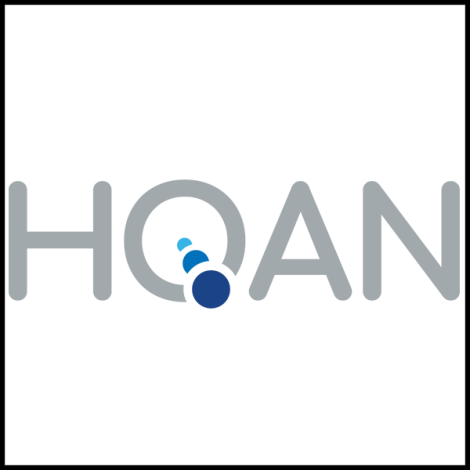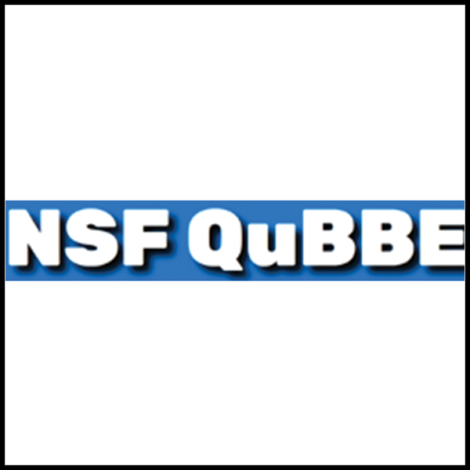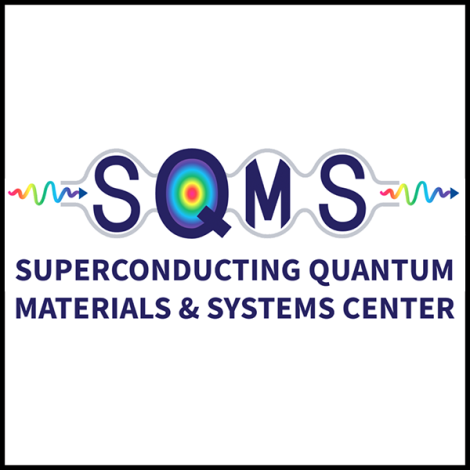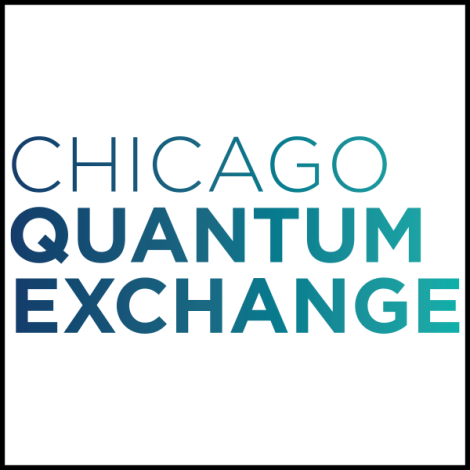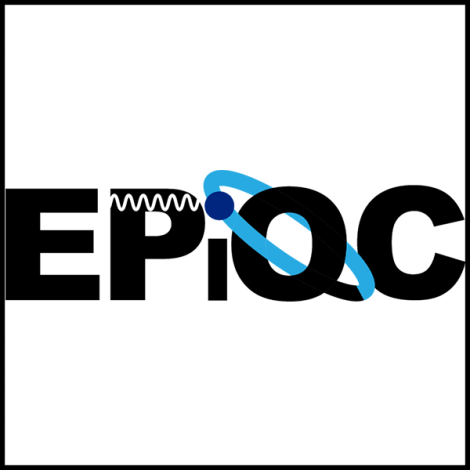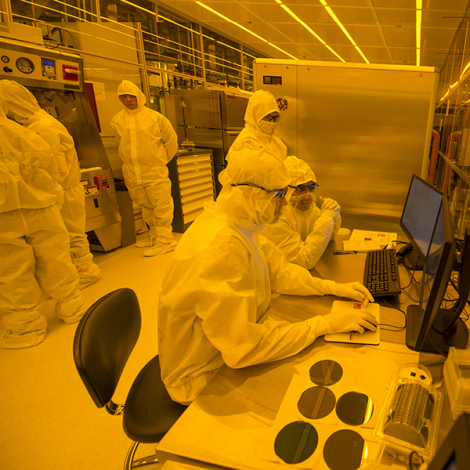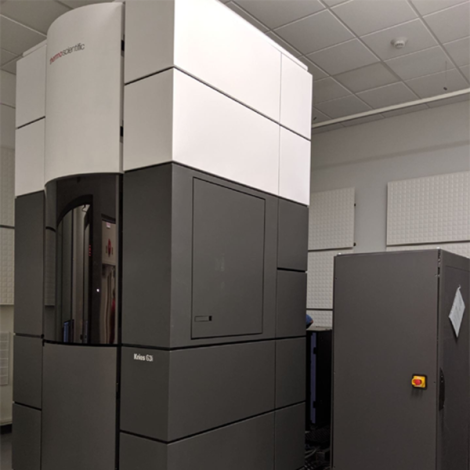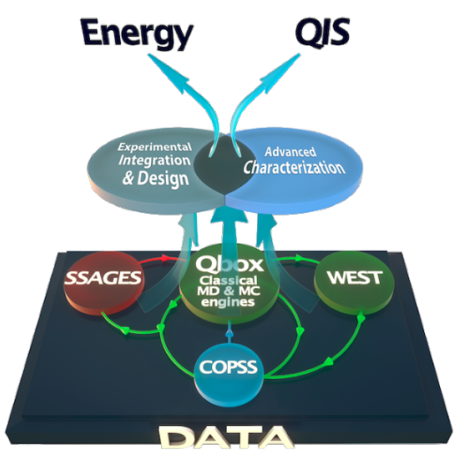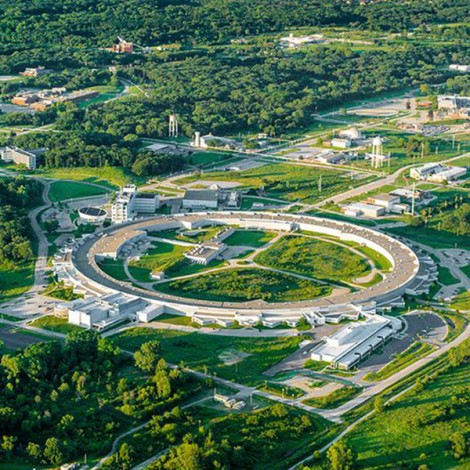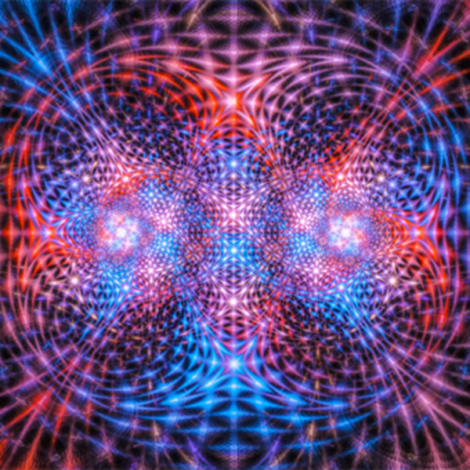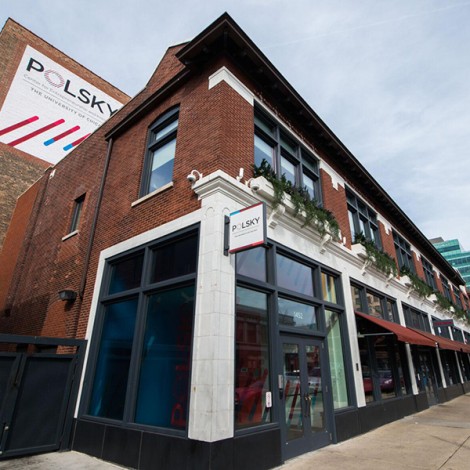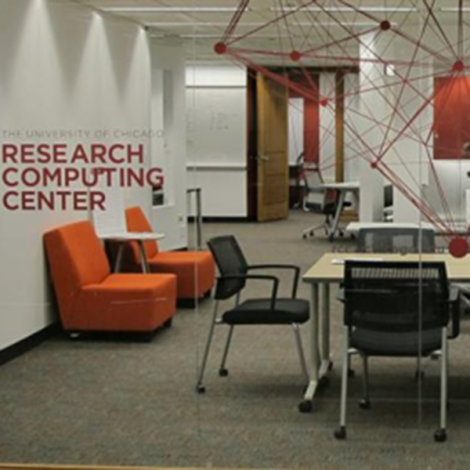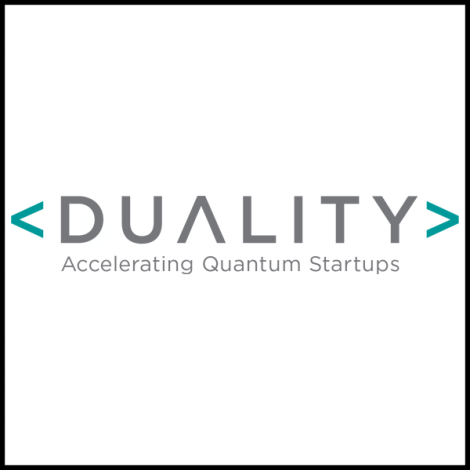Q-NEXT
Q-NEXT is a collaboration involving the world's leading minds from the national laboratories, universities and the private sector, is one of five National Quantum Information Science (QIS) Research Centers awarded by the Department of Energy (DOE) in August 2020.
HQAN
HQAN features three quantum testbeds that will collaboratively develop the technology needed to assemble a hybrid quantum processor and network. Each laboratory is designed with multiple kinds of quantum hardware, which will be used to demonstrate distributed quantum processing and communication protocols.
QuBBE
Biology and quantum science are convergent fields. NSF QuBBE will dramatically accelerate this convergence by driving use-inspired development of quantum sensing modalities and novel correlative imaging approaches.
SQMS
SQMS is a DOE-funded center headquartered at Fermilab, managed by the University of Chicago. SQMS is focused on building and deploying a beyond-state-of-the-art quantum computer based on superconducting technologies.
Chicago Quantum Exchange
The Chicago Quantum Exchange (CQE) is an intellectual hub and community of researchers with the common goal of advancing academic and industrial efforts in the science and engineering of quantum information across CQE members, partners, and our region.
EPiQC
The multi-institutional Enabling Practical-scale Quantum Computing (EPiQC) Expedition will help bring the great potential of quantum computing into reality by reducing the current gap between existing theoretical algorithms and practical quantum computing architectures.
Facilities and Resources
Pritzker Nanofabrication Facility
The Pritzker Nanofabrication Facility (PNF) is an ISO Class 5 cleanroom that specializes in advanced lithographic processing of hard and soft materials.
The PNF is located in the Eckhardt Research Center at the University of Chicago. We're open to all properly trained users through a recharge arrangement.
We are proud to partner with Northwestern University in the NSF-supported Soft and Hybrid Nanotechnology Experimental (SHyNE) resource.
UChicago MRSEC
The University of Chicago Materials Research Science and Engineering Center (MRSEC) drives innovation by tackling some of the deepest intellectual challenges of materials research through interdisciplinary and highly collaborative efforts united with a strong commitment to education and outreach. The MRSEC offers, in addition to its intellectual talent, a range of facilities for making, characterizing, measuring, and imaging many types of materials and samples. Most of facilities are headed by a professional PhD-level technical staff that maintains and improves the equipment, performs measurements or prepares samples and trains researchers.
Midwest Integrated Center for Computational Materials
The Midwest Integrated Center for Computational Materials (MICCoM) develops and disseminates interoperable open source software, data and validation procedures, enabling the community to predict properties of functional materials. The distinctive features of the center are:
- Development of interoperable codes for simulation of materials at multiple length and time scales
- Focus on heterogeneous materials, inclusive of defects, interfaces and building blocks assembled out of equilibrium
- Focus on spectroscopic and transport properties
Argonne National User Facilities
Argonne National Laboratory is home to five national user facilities, which enable scientific users from universities, national laboratories, industry and federal agencies to carry out experiments and pursue ground-breaking discoveries that would otherwise not be possible.
Argonne Quantum Loop
The Argonne Quantum Loop consists of a pair of connected 26-mile fiber-optic cables that wind circuitously between Argonne to the Illinois tollway near Bolingbrook, IL, and back. At 52 total miles, it is currently among the longest ground-based quantum communication channels in the country. The loop will serve as a testbed for researchers interested in leveraging the principles of quantum physics to send secure information across long distances.
Polsky Center for Entrepreneurship and Innovation
The University of Chicago's Polsky Center is a 60-person professional staff responsible for advancing all University of Chicago entrepreneurship and research commercialization innovation activities through the creation of new ventures and partnerships. By igniting a spirit of innovation and fostering connections that extend across the University, city, region and world, the Polsky Center enables more ideas to have a meaningful impact on society.
Research Computing Center
The University of Chicago's Research Computing Center (RCC) is dedicated to providing the University of Chicago community a full-service high-performance computing (HPC) center, including visualization resources, access to software, workshops, one-on-one consulting with domain experts, and complete data-management strategies to researchers across all departments and divisions.
Duality
Duality is a first-of-its-kind accelerator program for next-generation startups focused on quantum and enabling technologies. The 12-month program provides world-class business and entrepreneurship training from its partner institutions and the University of Chicago Booth School of Business. The program draws on its founding partners and the Chicago region’s deep well of scientific, corporate, and industry expertise to develop practical applications of quantum technology.

